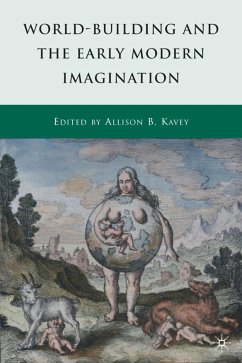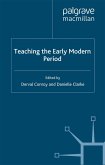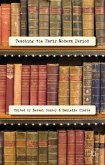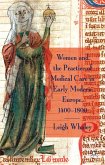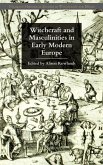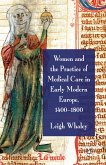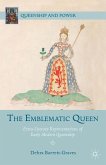The early modern period was rife with attempts to re-imagine the world and the human place within it. This volume looks at natural philosophers, playwrights, historians, and other figures in the period 1500-1700 as a means of accessing the plethora of world models that circulated in Europe during this era.
"The imagination as something other than a source of literary invention is drawing increasing attention in recent years, and this anthology is a noteworthy addition. With essays ranging in topic from the occult to the protoscientific to various forms of colonial propaganda, this book is well-conceived and tightly constructed, with a clear trajectory that runs from actual or literal cosmology through imagined utopias and into idealized colonialist projects. The focus on the imagination and the variety of disciplines covered make World-Building and the Early Modern Imagination as timely and useful as it is stimulating and informative." - Walter Stephens, Charles S. Singleton Professor of Italian Studies, Johns Hopkins University
"This is an excellent volume that deals with subjects of considerable interest for a wide variety of readers - in history, history of science, literature, cultural studies, and philosophy. It provides a well-framed and balanced discussion of topics that are both engaging and either entirely novel or approached with new insights and evidence. World-Building and the Early Modern Imagination contains important new contributions to our knowledge." - Lawrence M. Principe, Drew Professor of the Humanities, Johns Hopkins University
"This is an excellent volume that deals with subjects of considerable interest for a wide variety of readers - in history, history of science, literature, cultural studies, and philosophy. It provides a well-framed and balanced discussion of topics that are both engaging and either entirely novel or approached with new insights and evidence. World-Building and the Early Modern Imagination contains important new contributions to our knowledge." - Lawrence M. Principe, Drew Professor of the Humanities, Johns Hopkins University

